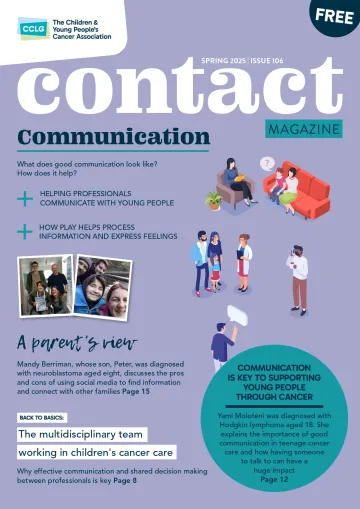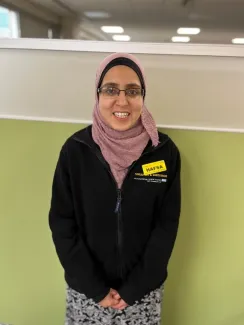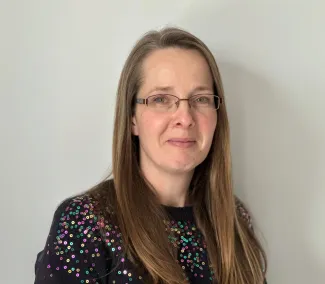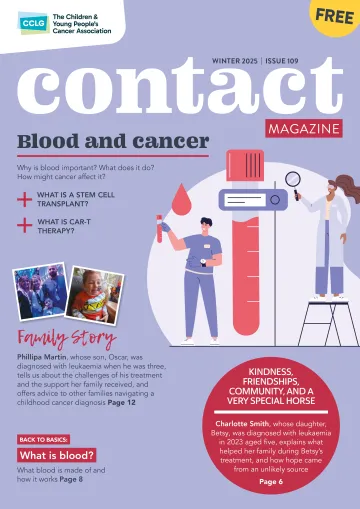As a health play specialist, part of my role is to provide therapeutic playful interventions and a sense of normality to children and young people in hospital, which can be a scary and often unfamiliar place for them. We use many different tools and methods to build rapport and a relationship with them, which allows an understanding to develop between us. It’s important for them to know that I’m a person who can support them in any area of their treatment and, importantly, will be there for the whole process.
It can be difficult for many CYP to communicate their thoughts and feelings, but we use many techniques to support them in doing this in different ways. As a play specialist, it’s my role to understand each individual and adapt to suit their needs. We use family members – mainly parents or carers who know the child best – to support us in this scenario as we want them to feel comfortable and at ease with us.
All CYP are unique
It’s important to acknowledge that each CYP will communicate in a different way that is age-appropriate to them and their needs. It’s my job to navigate their communication style and adapt my own to fit with them to allow for the best possible support that I can provide.
I’ve used teddies and dolls, books, pictures and technology to prepare children and young people for procedures that they’ll have to reduce anxiety, worry and uncertainty. All of these act as valuable tools to both communicate what they can expect medically and also for them to be able to share their thoughts and how they are feeling with me so that I can support them in the best possible way throughout what can be a difficult time. It’s also important that healthcare professionals treat them as individuals, and not just as a patient but as a person, which is where my role comes in to support this. Communication with CYP we care for is back and forth as they speak with us daily. Seeing the same CYP regularly means we can be seen as friendly faces who are always there for them and are able to help them communicate their opinions and feelings back to members of staff, so they feel heard and understood by everyone providing their care.
Supporting family members
We strive to support the patient's family as much as we can as they also need supporting and communicating with in an appropriate way which can be challenging in a medical environment.
We do this for all the family by using language that we all understand as the medical terminology can be a challenge for all of us, especially in the beginning. We provide support for siblings to help them to understand what’s happening – all with parents' consent – in an age-appropriate way. As trusted professionals, we can again allow them to communicate in a safe place to discuss their feelings, concerns and thoughts on what’s happening.
Play specialists are here to support you, your child and your family throughout your time in hospital. We are always around to help you.
From Contact magazine issue 106 | Spring 2025





